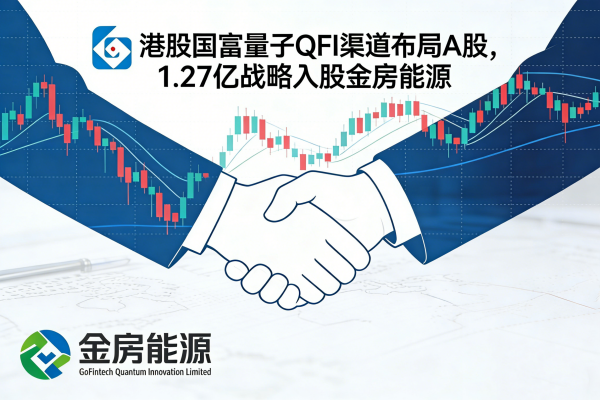From AI to tariffs: The most talked-about topics during the earnings season for U.S. stock companies have shifted
Since President Trump took office, the most concerned topic of US listed companies has shifted from artificial intelligence to tariffs.
Trump's tariffs are frequently discussed
Since Trump took office in January this year, news about Trump's tariff plan has continued to cause market fluctuations. In the latest earnings season of US stocks, the number of times executives of major companies mentioned tariffs in earnings conference calls has surged. This is completely different from the trend last year: in the last few earnings seasons, the most popular topic discussed by US stock companies was "artificial intelligence".
According to data compiled by Bloomberg, in the earnings season ending March 5, tariffs were mentioned 384 times in US stock company earnings conference calls, setting a record. In the past five years, the number of mentions of similar topics has never exceeded 100 times.
In terms of industry, industries such as industrial and non-essential consumer goods mentioned tariffs the most, because tariffs will significantly increase the costs of companies in these industries.
But it is worth noting that remarks about tariffs appeared in earnings conference calls for all 11 sectors of the S&P 500 index. This shows that tariffs may have a wide impact on the US economy and stock market.
According to rough statistics, when most U.S. stock companies discuss tariffs, there is another word that accompanies them: "uncertainty".
U.S. corporate earnings may be affected
Several Wall Street strategists have warned that tariffs may have an adverse impact on the overall earnings of the S&P 500 this year.
Citi stock strategist Drew Pettit said that if Trump's proposed tariffs are implemented, the S&P 500's earnings per share may be reduced by about $3 every three months without canceling the tariffs. Typically, if corporate earnings expectations increase less than expected, strategists will lower their year-end return forecasts for the S&P 500.
"We really don't know," Pettit said when talking about whether Trump's tariffs will be implemented for a long time. When the market is worried about the uncertainty of corporate prospects, the market may also be more volatile.
At the corporate level, tariffs have a more direct impact on American companies.
Take the market trend last Wednesday as an example. That afternoon, the White House announced a one-month exemption from Mexican and Canadian tariffs involving U.S. automakers General Motors, Ford and Stellantis. Shares of all three companies subsequently surged, having already tumbled on tariff concerns.
Other companies have not been so lucky. Just last week, executives at Target, Best Buy and Abercrombie & Fitch all warned that tariffs could have a significant impact on their businesses.
Best Buy CEO Corie Barry said about 55% of the company's products come from China "in some form" and another 20% from Mexico. Barry added that it's "highly likely" that consumers will see an impact from tariffs on prices.
Target CFO Jim Lee said they expect "significant margin pressure" this quarter, in part due to "uncertainty about tariffs."
U.S. economic data already showing an impact
Tariffs have already had a significant impact on U.S. economic data.
For example, the Institute for Supply Management's latest U.S. manufacturing purchasing managers' index (PMI) for February was weaker than expected. The price index measuring what manufacturers pay for raw materials surged to 62.4 from 54.9 in January, the highest level since July 2022.
Timothy Fiore, president of the Institute for Supply Management, said bluntly: "The whole economic issue is actually around tariffs." He further explained that rising prices have led to fewer new orders for companies and may also affect recruitment plans.
Fiore believes: "If we continue on the current path, I think it will be a difficult road, and it will be a difficult road for the US economy."









